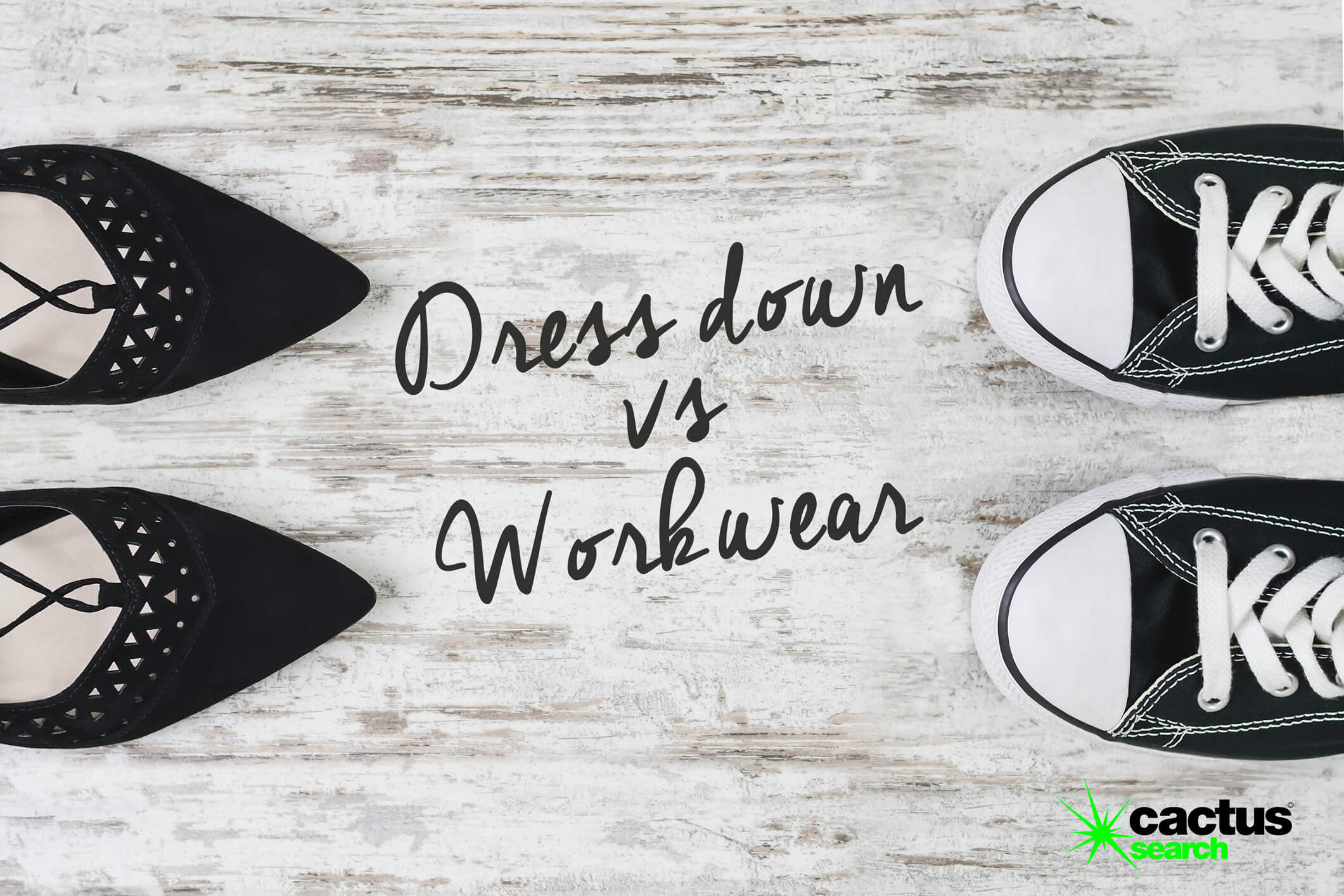Dress down vs workwear: which is best?

27/06/2023
Dress down vs workwear: which is best?
The old ‘what to wear to work’ debate has been around since what feels like the start of time, but the answer’s still not set in stone. And probably never will be. The reason being, every business has its own stance, culture, and beliefs - all of which will likely factor into what employees are ‘allowed’ to wear.
So, if you’re currently sat on the fence and are neither here nor there, we’ve come up with a couple of cases for each.
Professional workwear
The science
There are studies out there that support the argument for work attire. We’ve all heard the (perhaps cliche) saying “dress for success”, well, there’s actually evidence to support it.
Dr. Karen Pine, Professor of Psychology at the University of Hertfordshire, explained: “When we put on an item of clothing it is common for the wearer to adopt the characteristics associated with that garment.
“A lot of clothing has symbolic meaning for us, whether it's 'professional work attire' or 'relaxing weekend wear', so when we put it on we prime the brain to behave in ways consistent with that meaning.”
Inappropriate choices
If you’re a manager or work in HR and have had to deal with it in the past, we don’t need to tell you how awkward pulling someone to the side and telling them what they’re wearing isn’t appropriate can be.
By having a formal dress code, you can reduce the risk of this happening and remove the trigger for those not-so-nice conversations.
Customer impressions
If you run a business where customers, clients, investors or partners are constantly bobbing in and out of your premises, a workwear dress code can help shape the impression you leave them with and ensure you give off the vibe your business promises to have.
Dressing down
For every study that argues for something there’s another that completely contradicts it, and this topic certainly isn’t exempt. The same Science of Us study also claimed individuals who dress down in normally formal settings are actually more productive, and productivity’s what you want and need, right?
Keep costs down
Workwear isn’t cheap. So, particularly if it’s an employee’s first job, forking out for an entire work wardrobe can be expensive. By adopting a more relaxed approach you’ll help your team keep their clothing costs down, which we’re sure they’ll appreciate.
Encourage individuality
A strict dress code can stifle people’s individuality and inadvertently force uniformity. A happy workforce can help your business’ bottom line, and providing the freedom and flexibility for people to dress and express who they are can contribute to keeping their spirits high.
On top of that, it gives people the promise of choice. If you’ve got a causal dress code, employees can choose to dress more smartly if they wish. The same doesn’t apply if it’s the other way around though.
Personal preference
At the end of the day, it’s impossible to please everyone. What works for one employee won’t necessarily fly with another, so trying to satisfy everyone is a tough battle to win.
If you’re not sure which approach your business should take, here are a couple of ideas to help you decide:
- Ask. Instead of guessing what people want, why not send out a quick survey to see what the consensus is?
- Go back to your values. If you promote yourself as a fun, young, and easy going organisation, forcing your workforce to get suited and booted for work kind of contradicts that ethos. So, keep your dress stance consistent with your internal and external image.
What are your thoughts on company dress codes? Whether you’re an employer or employee, we’d love to hear your thoughts.
